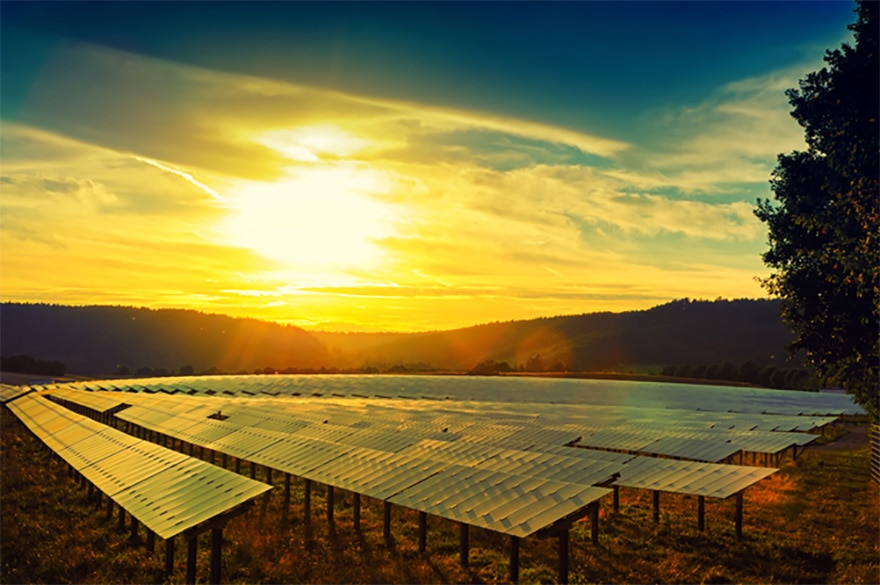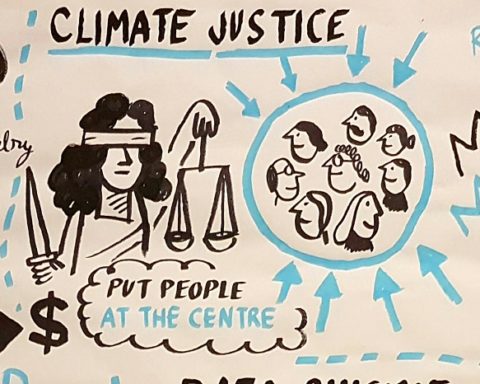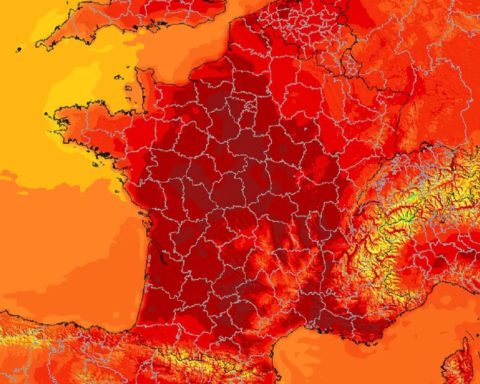Africa is both the poorest continent and the one with the highest population growth. Rapid and sustained economic development is necessary to overcome poverty. But such a development will need energy, enormously. The challenge will be to achieve this development without aggravating global warming, because a very degraded climate situation would have adverse consequences capable of cancelling out the benefits of African growth. While it may seem counter-intuitive, low-carbon development must be at the heart of African countries' climate change adaptation strategy.
Ahe latest report issued by the"Africa Progress Panel Kofi Annan's report clearly sets out the energy challenge facing Africa: the continent consumes less energy than Spain (50 % of this consumption goes to South Africa); two-thirds of Africans do not have access to electricity. A prosperous Africa will need an energy supply similar to that of Europe as a whole, not just that of Spain. This energy production will have to be very low or zero carbon.
Africa's share of global warming
Mankind has already burned nearly 60 % of the trillion tonnes of carbon available, but still has the potential to avoid dangerous climate change by limiting the increase in temperatures to two levels.
If the idea that Africa could be allocated the remaining 400 billion tonnes of carbon is pleasant, the reality is, of course, quite different. Greenhouse gas emissions from biggest polluters continue to grow; it will take decades to reverse this trend. The political, economic and technical immobility of existing systems makes change very slow. Existing large emitters will burn what carbon remains, and all new emissions from Africa will contribute to raising temperatures above two degrees.
Calculations can be made to illustrate the respective impact of different energy scenarios for Africa. For these forecasts, the assumptions are as follows:
-
Every trillion tons of carbon burned will contribute to a global warming of more than two degrees.
-
The population Africa's population will increase from 1.2 billion today to 2.5 billion in 2050 and 4.5 billion in 2100.
-
To achieve its development goals, energy access in Africa will increase from the current 33 % to 100 % in 2050; carbon emissions per capita will increase proportionally until 2050 and then be stable until 2100.
Here are now three possible scenarios of carbon emissions for each African in 2050, when full access to energy will be achieved (taking as a reference the current CO2 equivalent emissions published by the World Resources Institute and dividing them by 3.67 to obtain the results in tonnes of carbon):
-
Same emissions as in the United States: 5.95 tonnes per person per year.
-
Same emissions as in South Africa: 2.65 tonnes per person per year.
-
Same emissions as in Sweden: 1.69 tonnes per person per year.

As can be seen in the graph above, energy growth in Africa, depending on the scenario chosen, could lead to a consumption of between 0.4 and 1.3 trillion tons of carbon. This could increase global warming by a further 0.7 to 2.6 degrees.
It is probably prudent to consider that an African will never have the same carbon emissions as an American today. But following a conventional carbon-based energy consumption, those emissions could be similar to the average Swedish or South African. Under this assumption, Africa would add between 0.7 and 1.2 degrees to the global temperature increase.
1.5 % of global emissions
It should be remembered that each degree of global warming corresponds to an increase in temperature of between 1.5 and 2 degrees in Africa, especially in the dry interior areas. A warming of three degrees (one degree above the global target) leads to a local warming of between four and six degrees for Africa.
The challenges of adapting to such warming are immense. A study on the types of crops grown in Africa believes, for example, that all currently cultivated varieties should be replaced by others from warmer areas or, in the worst case, by completely new species. Equally important challenges will concern water management, urbanization and the preservation of ecosystems.
Africa today emits about 800 million tonnes of carbon per year. This represents only 1.5 % of total global emissions. But future choices could considerably change the situation, given that energy investments are long-term and difficult to change.
African emissions can remain low if modest carbon energy directions are taken now. This will rely on solar, wind, hydro, geothermal, perhaps even nuclear power, and carbon capture and storage. This will enable Africa to avoid exacerbating the impact of global warming caused by the most polluting countries.
Mark NewDirector, African Climate and Development Initiative, University of Cape Town
The original text of this article was published on The Conversation.












